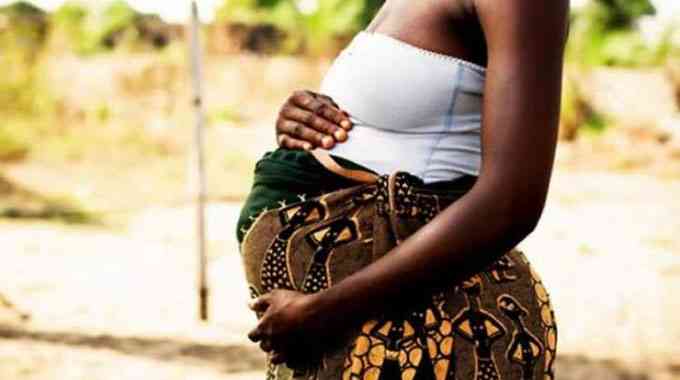
OVER 4 500 students dropped out of school around the country last year after falling pregnant, with at least 150 in primary school, a Cabinet minister has said, amid calls for the government to ensure girls stay in school.
Primary and Secondary Education minister Edgar Moyo revealed the statistics in Parliament on Wednesday after he was quizzed by Mashonaland West Proportional Representative MP Mutsa Murombedzi, about school dropouts in the country.
“The ministry collects and collates such data on an annual basis and it is recorded in our Education Management Information System report shared with all stakeholders.
“Therefore, for the year ending December, 2023, 4 557 girls dropped out of school due to pregnancy, the majority of these (3 942) being from rural schools,” Moyo said.
“There were 134 girls who dropped out of primary school as a result of pregnancy, meaning that the majority of dropouts were recorded in secondaryschools.”
He said the ministry had instituted several measures and introduced career guidance and counselling to arrest the scourge of school dropouts, especially among pregnant girls.
“Through the Education Act, the ministry has also ensured that legal provisions are there to enable girls who fall pregnant to continue with their education,” he said.
Murombedzi acknowledged efforts made by the ministry, but asked what measures were being taken to protect girls from stigma when they return to school after giving birth.
- $10m allocated for hospital rehabilitation
- $10m allocated for hospital rehabilitation
- ‘Drug dealers hiding behind tribalism’
- Govt pounces on schools rejecting Zimdollar
Keep Reading
Midlands lawmaker Ellina Shirichena buttressed the stigma concerns after learners are integrated back into school, to which Moyo responded saying there is a department in charge of learner welfare and learner services led by a chief director at head office.
“On the issue of stigma, we have done a lot of awareness campaigns and also, we have done a lot of dissemination of information in encouraging all the girls who fall pregnant,” he said.
“It is now their right to education, so they are supposed to go back to school. I do not think we have any challenges on students who have not been — perhaps (they) have received a lot of criticism from their peers for going back to school. So, precisely, quite a number of students have been accepted back and have gone back to school.”
Moyo added that they always urged girls to go back to school after giving birth.
“According to the Education Amendment Act of 2020, we do not encourage girls to drop out for the reason that they are pregnant. We encourage them to continue, according to the Act,” he said.
He said according to the law, pregnant students were allowed to be on maternity leave for a period of two weeks.
“After giving a normal birth, the girl is allowed back to the school and that is according to the Constitution. So, we encourage those technical and vocational skills to be equipped to all the students regardless of whether one has dropped out or not,” Moyo said.
“We carry out some fairs with our partners, where we see that provinces encourage girls who might have dropped out to go back to school.”
Hweva Education Trust youth officer Mazvita Madziva expressed concern over rising cases of school dropouts among girls.
“We call on the government to put requisite measures in place to ensure that girls stay in school. Access to quality education holds the potential to open doors towards their own financial independence in the future,” she said.
Madziva said this was necessary to reduce cyclical poverty.
“We must reduce poverty, child marriages, maternal mortality and general health outcomes. Ignoring these issues will have serious consequences for the girls.
“Their own personal development goals are shattered, their families will continue to be stuck in a cycle of poverty and the nation as a whole will lose out as their contribution to national development is hampered by low literacy levels, among others,” Madziva said.
Moyo said the ministry’s mandate was to provide technical and vocational skills to learners according to the Heritage-Based curriculum.










